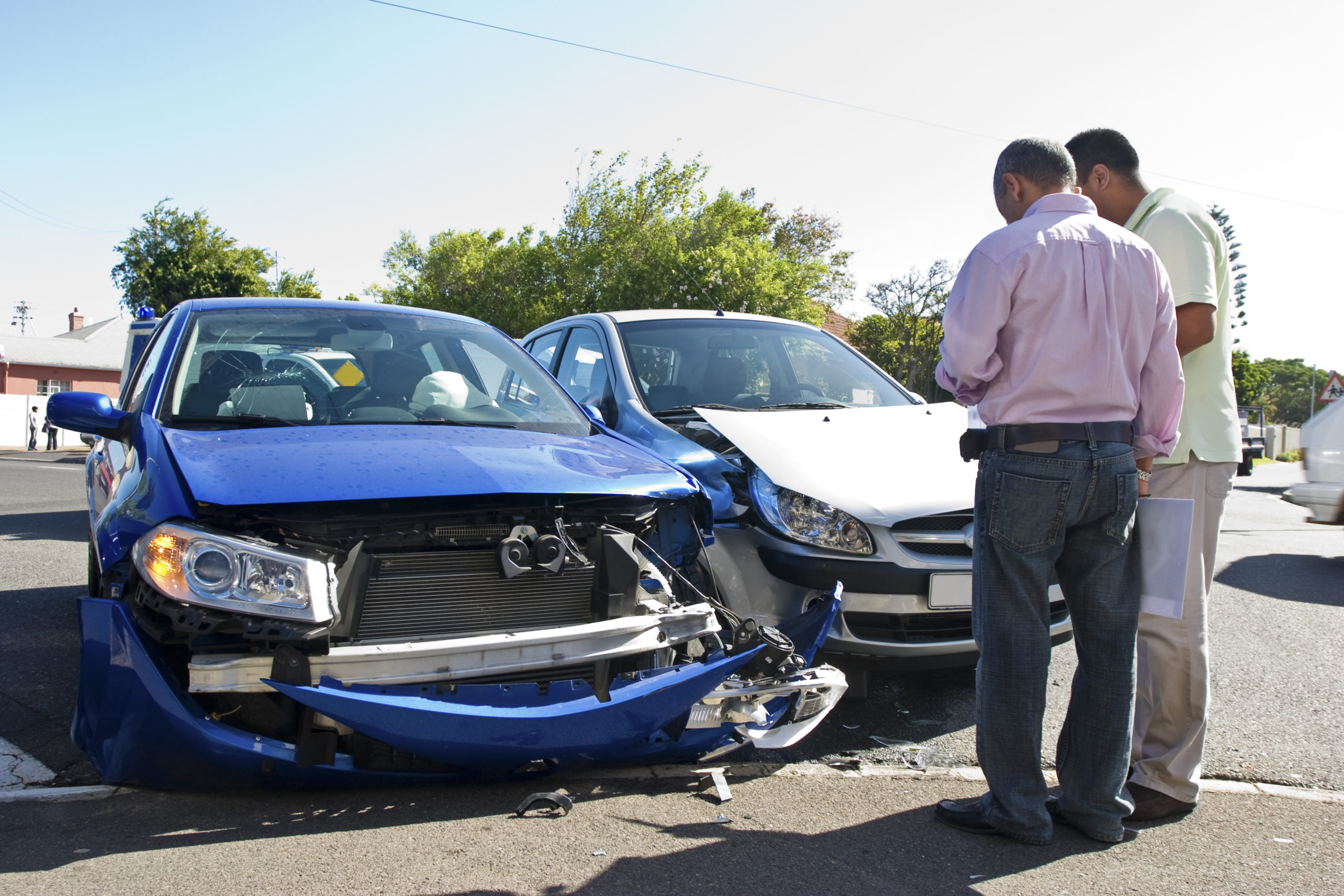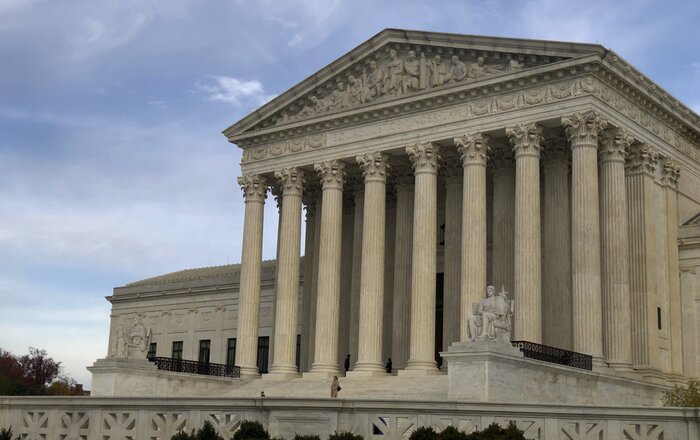Written By:
 Salvatore Nuzzo
Salvatore Nuzzo
Su Dedicado Equipo Legal de Confianza
3 Generaciones & +100 Años de Experiencia Legal Combinada

Anyone who has been in an accident in New York or New Jersey can expect to get calls from insurance adjusters—one representing each policyholder who was involved. As an insurance adjuster myself for more than 30 years, I know no one looks forward to these calls. In fact, many people go out of their way to avoid them.
The fact is, your insurance company needs to talk to everyone who is involved in an accident, as well as witnesses and anyone else who can offer insight into the events that took place. And the reality is it’s in your best interest for the insurance adjuster to get all the information he or she needs.
The key to getting through this phone call is to understand why the insurance adjuster is calling, what information he or she is looking for, and how best to communicate it.
By Law, Insurance Adjusters Must Call You
The Unfair Claims Practices Act, which is nearly identical in NY and NJ, requires adjusters to contact parties involved in an accident or other claim. It doesn’t matter if it’s a fire, auto accident, personal injury claim, or homeowner’s insurance claim. All insurance companies are obligated to thoroughly investigate a claim, and they can’t do that without hearing from at least the insured party.
Some insurance companies give adjusters a 48-hour timeframe to contact their insured. That contact can take many different forms: phone, email, or voicemails at work. Most adjusters will try to reach out a few times, then send a letter explaining that they are trying to get in touch to move ahead with the claim. If the adjuster can’t reach either party, it can negatively impact how much money they ultimately receive.
An Insurance Adjuster Can Speak to Your Attorney Instead
A lot of people would prefer that an adjuster either speak with an attorney on the line or just speak directly with the attorney. Either way is acceptable. An insurance adjuster will usually make himself/herself available in any way to get that statement. Sometimes, I would even send a questionnaire for the person to fill out with an attorney.
At that point, the adjuster’s rapport with the lawyer becomes most important. He or she is going to want the lawyer to know that the goal is to settle the claim fairly, but the insurance company will do a thorough investigation as well.
What Are Insurance Adjusters Looking For?
Once an adjuster makes contact, he or she will be looking for specific information—specifically, what the person observed or knows to be fact. They don’t want any subjective information or opinions. Any determination on a claim will be made on facts and evidence.
When I would get in touch with an insured or other parties, I would start from the beginning. “Give me a timeline,” I might say. “What time did you leave your home that morning and where were you going?”
Let’s say he or she was going to work. Then I might have asked, “What time were you due at work? Were you running late?”
We want to know their mindset leading up to the incident. I would be trying to figure out if the person was rushing, panicked, or distracted.
I might have improvised from there, asking questions such as:
- What route do you normally take to work?
- Did your route change that day?
- Did traffic change that day?
- Do you remember anything odd that day in terms of traffic?
- Were there obstacles, obstructions, or construction areas?
- Which direction were you driving?
- Was the sun in your eyes or behind you?
- What was the weather like?
- What were the road conditions?
This seems like a lot but the details matter. And it’s not about blaming someone. Adjusters need a crystal clear picture of what happened that day so they can have a factual and emotionally neutral assessment of the factors that led to the accident.
The Best Way to Respond to an Insurance Adjuster’s Questions
When I was doing this, I would always hope a person was answering me honestly. But if people do try to approach it evasively, I would tell them, “The truth always comes out.”
The best way to speak to an insurance adjuster is to start with the truth. Remember that the insurance adjuster call is preliminary. If a claim goes to litigation, then you may have to speak under oath. And if you change your testimony under oath, that’s not going to go well for you.
Dishonesty hurts a claim quicker and worse than anything else, and it lends more credibility to the other party.
What Happens When You Dodge the Insurance Adjuster?
I get that people are scared to say the wrong thing and make themselves look at fault in an accident even when they are not. This is why having an attorney speak on your behalf is so beneficial. But avoiding the conversation entirely can go horribly wrong. For starters, the insured has a duty under the policy to cooperate with the adjuster and answer questions as many times as we ask. Failure to do so can compromise your coverage.
Another claimant has no obligation. He or she can stonewall me. But this isn’t a great idea either. To not have one party’s side puts that party at a disadvantage. If you do that, you are letting the other party tell the whole story. How is that helping?
I used to tell people, “You have a three-year statute of limitations to file a claim. If you don’t have a lawyer, you can get one after we talk. My goal here is to establish facts. You don’t have to talk to me, but if you file a claim, at some point you will be deposed.”
The fact is, there may not even be a dispute—you could be 0% at fault. But an insurance adjuster won’t know that until he or she hears from you.
What Happens After the Phone Call
The follow-up to the call with the insured is to talk to other drivers, any witnesses, and to obtain the police report and any other evidence. When serious injuries are involved, an insurance adjuster will want to see the scene of the accident.
Being at the scene physically can give a whole new perspective. For example, I once went to an accident scene and saw a homeowner whose tree branch was blocking the stop sign. That could make a homeowner bear some liability in an auto accident, even if he or she was not directly involved.
The Insurance Adjuster Just Wants to Blame Me!
Some people really believe that an insurance adjuster is just looking to blame them. And their fears are rooted in historical facts. Like it or not, some insurance adjusters will operate with confirmation bias, meaning they’ve decided who is at fault before seeing the facts and then try to find facts that support the conclusion.
In the late 1970s and early 1980s, the CEO of one insurance company sent a message to all personnel saying that they will never again accept 100% liability from any party, especially their own insured. In other words, the default position was that it was always both parties at fault to some degree. They refused to pay more than 90% of any claim.
Eventually, this all came to light and they got fined millions of dollars. But it taints the reputation of the insurance industry to this day, and sadly, some individuals still think this way. But you shouldn’t assume that this is the case. It won’t help you in the long run.
What Happens When You Change Your Story?
If a person wants to recant their original statement, they usually can. Keep in mind, most times the insurance adjuster will have recorded the original statement and that copy will be retained. Whenever this would happen to me, I would remind the person that while what they say is extremely important, what facts are uncovered are equally, if not more important.
That’s the crux of the matter: Insurance adjusters rely on what can be proven. Don’t bother recanting because you don’t like the way it sounds. Instead, do it because you have facts and witnesses that support the new version of events.

 Salvatore Nuzzo
Salvatore Nuzzo
About The Author
Salvator Nuzzo has spent more than 30 years as an insurance adjuster for various major insurers. Throughout his career, he has handled an estimated 8,000 claims.
Read MoreNormas editoriales
Rosenblum Law se compromete a ofrecer contenidos informativos de la máxima calidad. Todo el contenido está sujeto a nuestros rigurosos estándares editoriales de relevancia, precisión, fuentes y objetividad. Antes de ser publicado, todo es verificado por un editor y revisado por uno de nuestros abogados para comprobar su solidez jurídica.
How to Cite Rosenblum Law’s Article
APA
Salvatore Nuzzo (Nov 3, 2022). Motorcycle Accidents Involving Autos. Rosenblum Law Firm, https://es.rosenblumlaw.com/motorcycle-accidents-involving-autos/
MLA
Salvatore Nuzzo "Motorcycle Accidents Involving Autos". Rosenblum Law Firm, Nov 3, 2022. https://es.rosenblumlaw.com/motorcycle-accidents-involving-autos/

